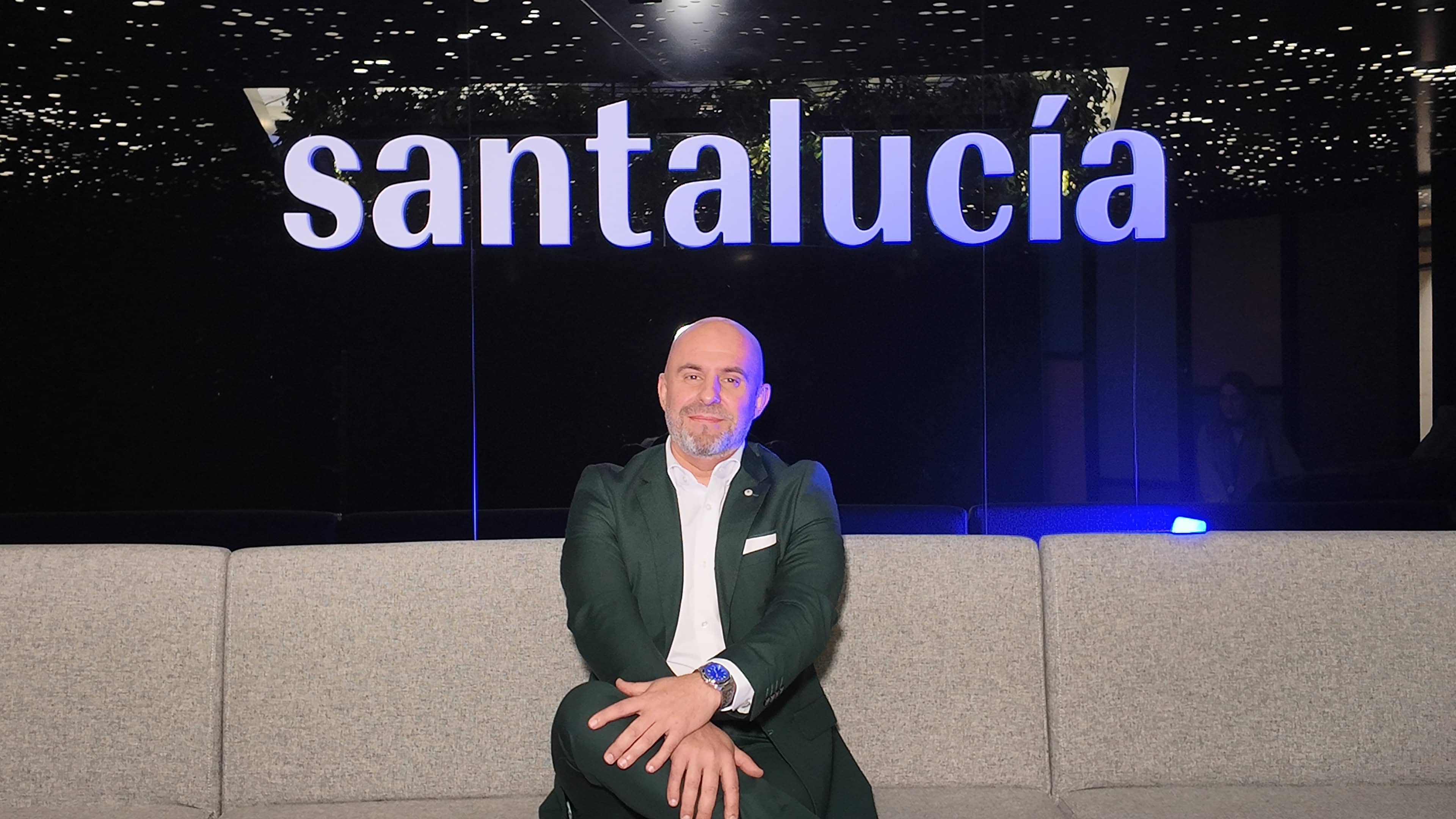The digitalization of seniors: key to boosting their talent

Send photos and audios via WhatsApp, make video calls, check your email, download an application, file your income tax return online, make a bank transfer electronically, schedule a medical appointment through an app... All of these are everyday actions that most people perform normally, right? Well, the problem comes when a person who belongs to the senior sector does not have that facility to perform those usual tasks, either due to lack of skill or lack of knowledge and experience. This problem forces older people to rely on third parties to face the most basic tasks in their daily lives. And in such a digitalized world, the technological divide of this group becomes a major barrier.
The need for digitalization among seniors
When an elderly person sees their access to new technologies limited, what happens is that their participation and social (and sometimes work) connection are hampered. And to respond to this need for autonomy and digital inclusion, it is important to develop initiatives that promote the training and adaptation of older people to the technological environmentA. Over the past few years, especially as a result of the pandemic, we have been able to observe a accelerating digitalization and innovation by leaps and bounds of practically all products and services. This, in part, is due to the fact that both the lifestyle and the consumption habits of society have changed, they have advanced towards online services and the benefits they provide. As a result, the different sectors are working on new online strategies, companies such as banks and insurance companies generate more digital products to facilitate access and consumption... Thus, with all these initiatives, the millennial generation is the most favored, but What about seniors? Are these products and services really accessible to them?

The senior sector and the Silver Economy
It is a reality that the population in Spain, and increasingly in Europe, is living longer given the Fall in the birth rate. According to the INE, it is expected that in 2033 the figure of Over 65 years of age it stands at 40.8% of the total population. In addition, the Silver Economy plays a fundamental role in maintaining the economy over the next few years. The senior sector is not willing to reduce its consumption, therefore, companies in different sectors should facilitate access to your products and services and make them accessible for all ages. This will generate opportunities for both the elderly and companies.
The importance of startup initiatives aimed at the senior sector
We are talking about an opportunity and a challenge for companies. If they are able to adapt their products specifically for this segment and meet their consumer needs, while maintaining digitalization, innovation and user experience, companies will continue to be competitive in the market. In fact, there are sectors used by seniors that have started to promote digital solutions focused on them, digital products for consumption. For example:
- eHealth has focused on creating new applications for health, for managing appointments...
- Proptechs have used home automation to help people in the Silver Economy to live more independently.
- The bank has developed tools so that seniors can invest your savings in an easy way.
And, in short, there have been many Spanish startups that, with a very clear vision, have pursued the mission of making life easier for our elderly and their families.
| You may be interested in: The latest additions of senior startups to the Insurtech Map of the insurance sector
Of course, every elderly person has different circumstances. It all depends on the cultural environment, the economy, training, if you have had a job related to any technology, if you live in the city or in the rural area... Depending on all these factors, there are more and less vulnerable groups. However, and regardless of the abilities that each one has, the difference lies in the attitude. The fact that “an elderly person does not understand themselves with new technologies” is no longer a valid statement. The tools are increasingly intuitive and accessible, which makes these people feel more capable.

Is digitalization capable of empowering seniors?
Digitalization is able to connect seniors with other people, with their families, with the reality of the world in which they live. It's something they want to be a part of, no matter how old they are. And, fortunately, technology provides them with a series of tools that can make their daily lives easier and teach them something new every day. The goal is for older people to lose their fear of their devices: to see them as a support in their daily lives, something that gives them access to culture, tourism, leisure, family relationships and even save time in certain tasks. It is true that the process may be somewhat slow, but so far the progress has been adequate. The elderly are aware of the usefulness of these tools, especially when they see that their entire environment is digitized and makes use of available media. In short, having this knowledge gives the senior sector some autonomy. Learning and dealing with digitalization makes the elderly feel that much needed independence. But... would it be a mistake to force this group to learn to use applications designed for people with greater predisposition instead of developing applications designed to speed up the immersion of the elderly in new technologies?



